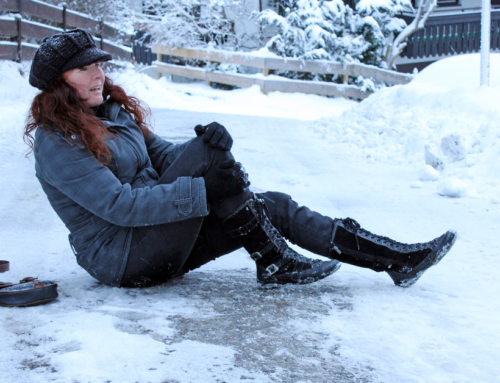Implemented in March 2014 across England and Wales, the Domestic Violence Disclosure Scheme (DVDS), is often referred to as Clare’s Law.
The scheme means that a person can ask the police for information on their partner’s criminal history and whether they could potentially be at risk. But with the latest guidance, police are required to disclose this information quicker, they now have 28 days. Whereas before the police had 35 days to disclose this information. Meaning potential victims of domestic violence can access this information quicker, and potentially protect their safety.
How does the Domestic Violence Disclosure Scheme work?
The DVDS is made up of two parts. The ‘right to ask’ and the ‘right to know.
‘Right to Ask’
With the ‘right to ask’ aspect of the DVDS, an individual or relevant third party e.g. family member can ask the police to check whether an ex or current partner of another family member of themselves has an abusive past, or has any violence-related convictions.
‘Right to Know’
This element of the scheme means the police can disclose information, based on their own initiative. If they know of/ or receive information about an abusive or violent behaviour of a person, which could affect the safety of that person’s ex or current partner.
What is the purpose of the DVDS?
The Domestic Violence Disclosure Scheme is aimed at providing victims and potential victims of domestic abuse have the information they need in order to protect themselves and stay safe. As well as allowing members of the public to access information that could help them to protect their safety, the scheme gives power to the police. It means the police can use their own initiative to inform people who could be potential victims of domestic violence. Meaning they have more power to protect the most vulnerable in society.
Updates to the scheme
As well as reducing the number of days the police have to disclose information reducing from 35 to 28 days, updates include best practices for managing online applications. This includes that links to specialist domestic abuse services must be provided to victims or potential victims. Plus, extra safety measures like quick escapes must be available on online portals.
Contact Us
If you’d like to discreetly discuss any experiences of domestic abuse with our Personal Injury team, and explore making a claim, please get in touch. Call us on 01782 662424 or email us at info@beestonshenton.co.uk




